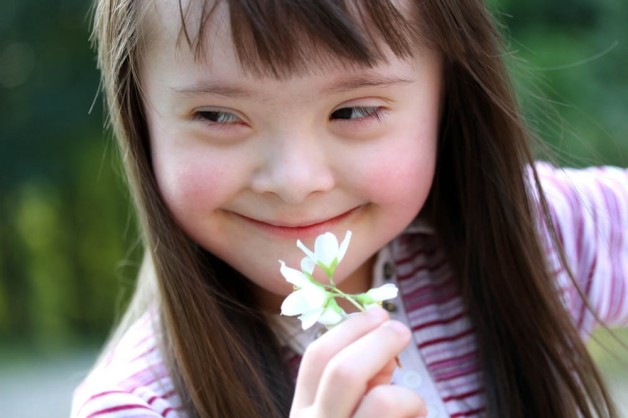The Arizona Senate gave initial approval Wednesday to a pro-life bill that would ban discriminatory abortions on unborn babies with genetic abnormalities such as Down syndrome.
The AP reports Senate Bill 1457, sponsored by state Sen. Nancy Barto, R-Phoenix, passed the first of two votes in the Republican-controlled Senate and likely will advance to the state House soon.
If enacted, the bill would make it a crime to abort an unborn baby because he or she was diagnosed with a genetic disorder. Exceptions would be allowed if the mother’s life is at risk. Arizona already prohibits discriminatory abortions because of an unborn baby’s race or sex.
“There are incredible numbers of people that appreciate those children that have come into the world with a genetic abnormality like Down [syndrome] or other serious issues that are genetic,” Barto said. “And once they were born, they’ve meant so much to their families, to the world. They’ve gone on to live productive, wonderful lives. That’s what we’re protecting here.”
Her bill also would prohibit dangerous abortion drugs from being delivered by mail and prohibit public schools from referring students for abortions. It would require that the remains of aborted babies be buried or cremated as well.
Capitol Media Services reports more:
Follow LifeNews.com on Instagram for pro-life pictures and videos.
At the heart of SB 1457 is a legislative declaration that Arizona laws recognize that an unborn child has “all rights, privileges and immunities available to other persons, citizens and residents of this state.” The only limits would be the U.S. Constitution as interpreted by the Supreme Court.
Efforts by Barto and allies to outlaw abortion entirely have been thwarted by the 1973 Roe v. Wade decision of the high court and its successor rulings which say, in essence, that women have an absolute right to terminate a pregnancy prior to a fetus becoming viable. So Barto is focused on a narrow subset of abortions: those done by a woman who is carrying a child with a genetic abnormality.
Some Democrat lawmakers opposed the legislation, arguing that it is unconstitutional and abortion is none of the state’s business. State Sen. Sally Ann Gonzales, D-Tucson, said she opposed the bill for her 15 daughters and granddaughters, according to the report.
“I’m extremely opposed to any one of us legislators imposing our faith on everybody else and on my family,” Gonzales said. “We should not be doing this.”
Planned Parenthood, the largest abortion group in the U.S., also opposes the bill. A spokesperson described it as just another “cruel attempt” to restrict abortions.
But Cathi Herrod, president of the pro-life Center for Arizona Policy, said Barto’s legislation will protect mothers and babies.
“There’s a nationwide push to send abortion pills through the mail,” Herrod said. “Women who take chemical abortion pills are four times more likely to have complications than those that have surgical abortions.”
If the bill passes, Arizona would join a growing list of states that have laws regulating the abortion drugs and protecting unborn babies from discrimination.
Abortion discrimination occurs at an alarming rate, and it is getting worse with advances in prenatal testing.
The Telegraph reports about 90 percent of unborn babies who test positive for Down syndrome in the United Kingdom are aborted. A recent report in the European Journal of Human Genetics found that the number of babies with Down syndrome born in the UK dropped 54 percent since the non-invasive prenatal screening tests became available about a decade ago.
Recent reports in The Atlantic and CBS News found that nearly 100 percent of unborn babies who test positive for Down syndrome are aborted in Iceland, 95 percent in Denmark and 77 percent in France. A 2012 research study estimated two of every three unborn babies with Down syndrome are aborted in the U.S.
Parents frequently report feeling pressured to abort unborn babies with Down syndrome and other disabilities. One mom recently told the BBC that she was pressured to abort her unborn daughter 15 times, including right up to the moment of her baby’s birth. Another mother from Brooklyn, New York said doctors tried to convince her to abort her unborn son for weeks before they took no for an answer.
South Dakota and Florida also are considering similar laws to ban abortions on unborn babies with Down syndrome and other disabilities.








